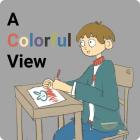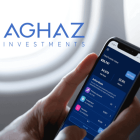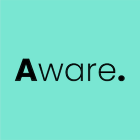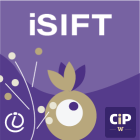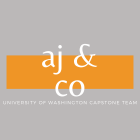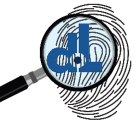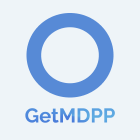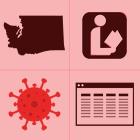
We all closed down: Reconstructing data about Washington state public library services in the emerging COVID-19 pandemic
In March 2020, at the start of the COVID-19 pandemic, the Washington State Library collected data on service disruptions across the state’s public libraries. We have built on this effort by curating, enriching, and tidying the information in this dataset — adding variables to transform it into a time series, filling in missing values, and archiving the digital sources we referenced for each observation. Our curated dataset and supporting materials, published on the Washington State open data portal, will serve as a comprehensive record to shed light on this historical moment and inform future research and emergency response planning.


